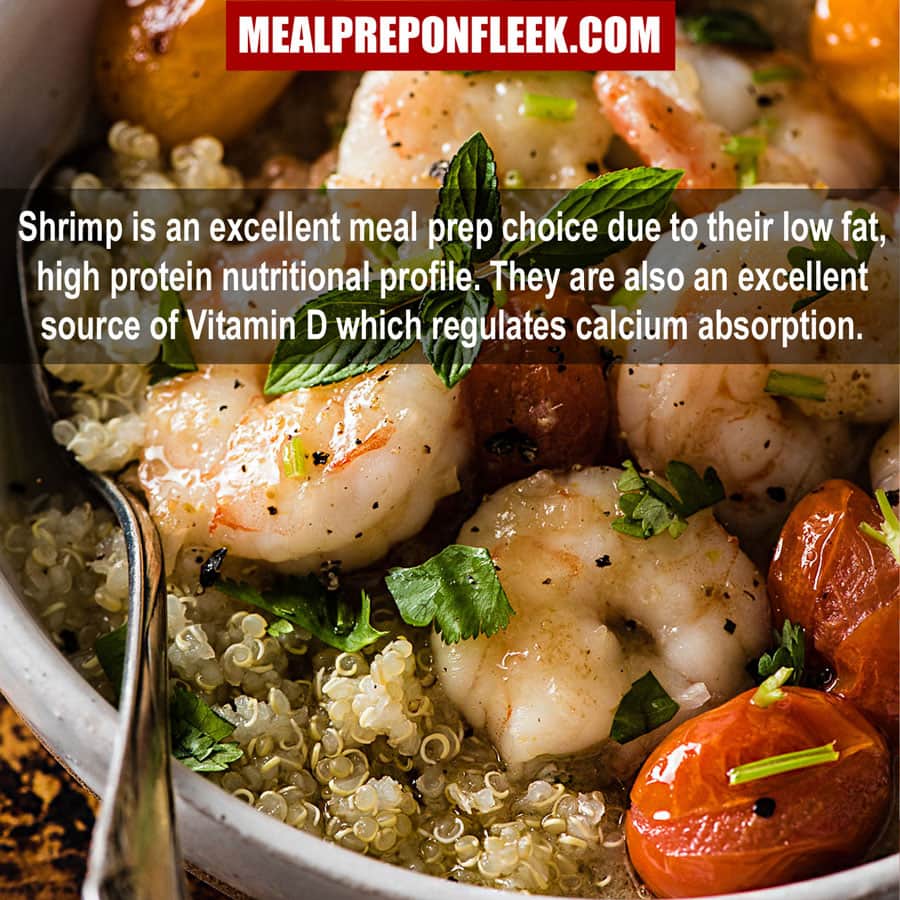11+ Shrimp Nutrition Facts You Need

Shrimp is one of the most widely consumed seafood products globally, and its nutritional value is a subject of interest for many health-conscious individuals. With its low calorie and high protein content, shrimp is considered a nutritious addition to a balanced diet. In this article, we will delve into the nutritional aspects of shrimp, exploring its composition, health benefits, and potential considerations for consumption.
Nutritional Composition of Shrimp

A 3-ounce serving of cooked shrimp, which is approximately 85 grams, contains a multitude of essential nutrients. It is an excellent source of protein, with about 19 grams per serving, making it an ideal choice for those looking to increase their protein intake. Shrimp is also low in fat, with less than 1 gram of fat per 3-ounce serving, and it is cholesterol-rich, containing about 166 milligrams per serving. However, it’s essential to note that dietary cholesterol has a limited impact on blood cholesterol levels for most people.
In terms of micronutrients, shrimp is a good source of vitamin B12, iron, and zinc. Vitamin B12 is crucial for the production of red blood cells, iron is vital for healthy red blood cells, and zinc plays a significant role in immune function. Shrimp also contains selenium, an antioxidant that helps protect cells from damage.
Shrimp Nutrition Facts Table
The following table summarizes the nutritional content of a 3-ounce serving of cooked shrimp:
| Nutrient | Amount per 3 oz serving |
|---|---|
| Calories | 120 |
| Protein | 19g |
| Fat | <1g |
| Cholesterol | 166mg |
| Vitamin B12 | 1.3mcg |
| Iron | 1.3mg |
| Zinc | 1.3mg |
| Selenium | 45.6mcg |

Health Benefits of Shrimp

Due to its nutritional profile, shrimp consumption has been associated with several health benefits. The high protein content in shrimp can help with weight management and support muscle growth. Additionally, the omega-3 fatty acids present in shrimp, although in smaller amounts compared to fatty fish, contribute to heart health by reducing inflammation and improving blood lipid profiles.
The antioxidant properties of selenium in shrimp can help protect against cancer and other diseases by reducing oxidative stress. Furthermore, the zinc in shrimp is essential for a healthy immune system, aiding in the fight against infections and diseases.
Potential Considerations
While shrimp can be a healthy addition to a balanced diet, there are some considerations to keep in mind. Mercury content is relatively low in shrimp compared to other seafood, but it’s still important for pregnant women and young children to consume it in moderation. Moreover, allergies to shellfish, including shrimp, are common and can cause severe reactions, so it’s crucial for individuals with such allergies to avoid consumption.
Sustainability is another factor to consider when consuming shrimp. The shrimp fishing industry can have significant environmental impacts, including bycatch (the catching of non-target species) and habitat destruction. Choosing shrimp that is certified as sustainably sourced can help mitigate these issues.
Is shrimp a good source of omega-3 fatty acids?
+While shrimp does contain some omega-3 fatty acids, the amount is relatively small compared to fatty fish like salmon. However, it can still contribute to overall omega-3 intake as part of a varied diet.
How often can I safely eat shrimp?
+The frequency of shrimp consumption can depend on individual health considerations and the source of the shrimp. Generally, consuming shrimp 1-2 times a week as part of a balanced diet is considered safe for most adults.
In conclusion, shrimp is a nutritious food that can provide a range of health benefits when consumed as part of a balanced diet. Understanding its nutritional composition, health benefits, and potential considerations can help individuals make informed decisions about their shrimp consumption.
